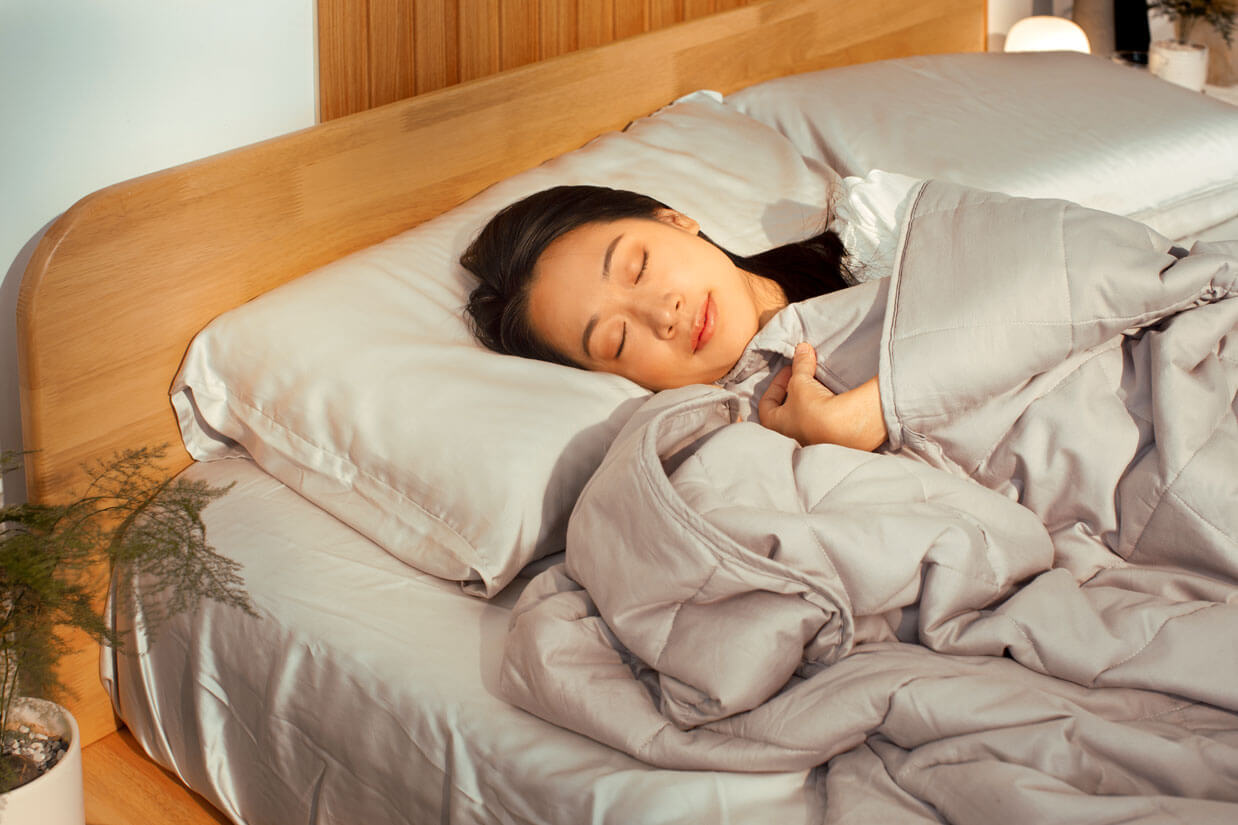Insomnia can be a debilitating condition, but there are numerous effective methods to manage it without resorting to medication. This article explores various non-pharmacological solutions that can help alleviate insomnia and promote better sleep.
1. Establish a Consistent Sleep Routine
Creating a regular sleep schedule is fundamental. Try to go to bed and wake up at the same time every day, even on weekends. This consistency reinforces your body's sleep-wake cycle.
2. Design a Comfortable Sleep Environment
Ensure your bedroom is conducive to sleep. It should be quiet, dark, and cool. Consider using blackout curtains, eye masks, or white noise machines to block out disturbances.
3. Limit Exposure to Screens Before Bedtime
The blue light emitted by phones, tablets, and computers can interfere with the production of melatonin, the hormone that regulates sleep. Try to avoid these screens for at least an hour before bedtime.
4. Try Relaxation Techniques
Stress and anxiety are common culprits behind insomnia. Techniques such as deep breathing exercises, progressive muscle relaxation, or meditation can be very helpful in calming the mind and preparing the body for sleep.
5. Incorporate Physical Activity into Your Routine
Regular physical activity can help you fall asleep faster and enjoy deeper sleep. However, timing is key; exercising too close to bedtime can have the opposite effect. Aim to complete any vigorous activity at least three hours before you plan to retire.
6. Be Mindful of Your Eating and Drinking Habits
Avoid large meals, caffeine, and alcohol before bedtime. These can disrupt sleep or prevent you from falling asleep.

7. Use a Weighted Blanket
Many people find that sleeping under a weighted blanket helps reduce anxiety and promotes a sense of calm. The gentle pressure provided by a weighted blanket can mimic a therapeutic technique known as deep pressure stimulation which promotes relaxation.
8. Invest in a Memory Foam Mattress
A memory foam mattress supports the body evenly and reduces pressure points, which can help ease discomfort and promote better sleep. For those dealing with insomnia, this can mean less tossing and turning and more quality sleep.
9. Consider Aromatherapy
Essential oils such as lavender, chamomile, or bergamot have been shown to have calming and sleep-promoting effects. Using these in a diffuser or as part of a bedtime routine can help signal to your body that it’s time to wind down.
10. Practice Journaling
If racing thoughts keep you up at night, try keeping a "worry journal." Spend a few minutes before bed writing down what's on your mind. This can help clear your thoughts and make it easier to let go of stress before bedtime.
By integrating these strategies into your life, you can address insomnia naturally and improve your overall sleep quality. Remember, the key to success with these methods is consistency and patience.

 Singapore
Singapore Malaysia
Malaysia